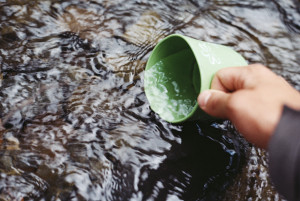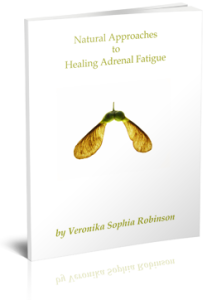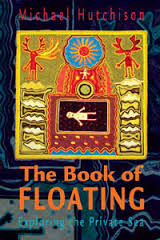It is said that the instinctive response to stress or danger is either fight or flight.
These may well have been the only choices for our distant ancestors, but why do we go to this place within ourselves for every little stress in our lives? Have we become so conditioned by our genetic patterns that we forget we actually have a choice in how we respond to the circumstances of life?
You and I are not going to meet a sabre-toothed tiger on the way to work, and it is unlikely that most of us are going to be taken hostage or experience a famine in our lifetime. What do our first-world stresses actually look like?
Maybe it’s a trip to the dentist?
Perhaps it’s opening a bill and fretting that you don’t have the money to pay it.
Or, here’s a common one: mother-in-law is coming to visit.
What about for children? Stress is there without fail every time their parents fight. And it’s bound to be ignited whenever there is a test or exam.
Maybe you’re experiencing menstrual stress due to nutritional deficiencies.
Your stress could be because you’ve just had an underlying health condition diagnosed.
Coming home to an untidy house is a stress, whether we’re conscious of it or not.
What about the stress of caffeine, sugar or even your daily visit to the gym?
It is absolutely true that stress can trigger the instinctive fight or flight response. But has anyone told you lately that there’s another way? A mindful approach to stressful events?
The difference between our ancient ancestresses and us is that we have the benefit of awareness. We can choose our response.
As someone who has experienced adrenal fatigue twice, I have learnt slowly that I don’t have to respond to so-called stressful situations by zapping my adrenals till there’s nothing left of them. In almost all cases, our ability to deal with stress in a calm, Zen way is based on how healthy we are, not just mentally, of course, but physically. Any deficiencies in core minerals, such as magnesium, lead us to a precipice where it’s really hard to respond calmly, even to ‘little’ incidents.
Most people are terrified of going to the dentist. Me? I love going there. It means about half an hour being horizontal in the daytime, with my eyes closed, resting peacefully.
Here are my top tips for nourishing your adrenals so that they have everything you need to survive should you bump into a sabre-toothed anything.
Nurturing Your Adrenals
Keep an infusion of liquid magnesium. Spray it onto your skin at least twice a day. Not only will you sleep ever-so peacefully, but you’ll find your attitude to most things to be calm and measured. I purchase a brand called Better You magnesium flakes, then mix it with boiled water (just enough water for the flakes to dissolve). This is kept in glass jars with spray nozzles. If you’re going through a lot of stress, ensure you spray every day.
Menstrual migraines? Spray magnesium onto your skin (it’s 8 times more absorbent than tablets or food). Eat three Brazil nuts every day. This will give your thyroid much-needed selenium. Find a good quality kelp for iodine. Limit caffeine, processed foods, and sugar. Get plenty of sleep.
An apple a day not only keeps the doc away, it balances blood-sugar levels as it contains chromium.
Gossip is acidic. Be mindful of what you listen to.
Drink plenty of water. Keep a record, if you have to, to ensure you’re having a couple of litres each day.
Try a floatation tank as part of your regular routine.
Consider weight-resistant exercises to build up your strength and fitness, without the stress of cardio.
If you can’t meditate, devote at least find five minutes a day for some slow, deep breathing.
Be mindful of the company you keep. Some people thrive on being miserable. Don’t let this contaminate your energetic field. To be clear, there’s a huge difference between supporting someone who is going through a tough time, and being around the perpetual moaners of this world.
How often do you get out into Nature? Where possible, spend time barefoot, or lying on the ground. The Earth allows us to dispel radiation from our bodies.
Take time to do NOTHING. Just be. Feel the sunshine on your skin. Listen to the birds. Close your eyes and breathe in the fresh air. Your body needs this.
Listen to nourishing instrumental music.
The most important lesson I’ve learned when healing adrenal fatigue is to take time for having fun. It’s so underrated in this culture. I firmly believe our purpose on this Earth is to have pleasure. Making this a priority in your life will transform the old fight-flight demons. Laughing, joking, spending time with people who make you feel good, will all send loving vibes to your adrenal glands.
At any given moment, we have a choice in how to respond. We can fight. We can fly away. Or, we can tap into our inner calm and recognise that our point of power is in this moment. We can choose to face our ‘stress’ and trust that we are safe, protected and have everything we need.
The truth is that there are many things in life we can’t control, such as the death of a loved one, but we can choose how to take each step. Slowly, mindfully, and with the certainty that as we lean into the situation, we will take what we need to learn from it, and move on. Stronger, wiser…and peaceful.













